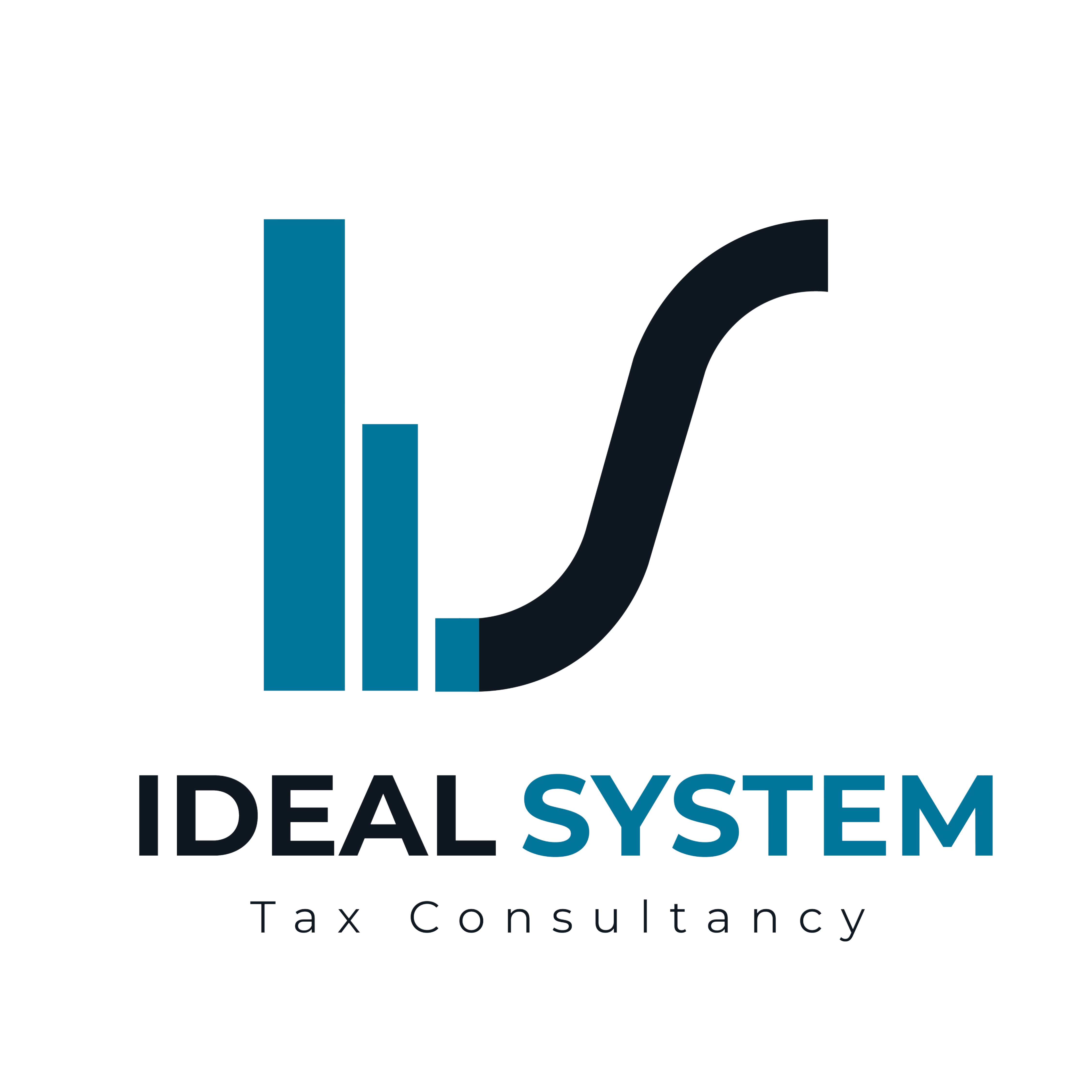Tax
Consultancy
1. What is Tax?
Tax is a means by which governments collect revenue to cover the costs of public services. Tax revenues are typically allocated to cover costs for public services such as hospitals, schools, universities, defense, and other essential aspects of daily life.
Types of Taxes in the UAE:
The UAE does not impose income tax on individuals but levies VAT on most goods and services at each stage of the supply chain, primarily borne by the final consumer. Additionally, excise tax is imposed on specific goods that are harmful to human health or the environment, and corporate tax is imposed on the net income or profit of businesses.

2. Value Added Tax (VAT):
What is VAT?
VAT is an indirect tax often referred to as a type of consumption tax. It is imposed in VAT-implementing countries on most supplies of goods and services purchased and sold.
VAT Application in the UAE:
VAT is applied at each stage of the “supply chain”. Generally, the end consumer bears the cost of VAT, while businesses collect and account for the tax, thereby acting as tax collectors on behalf of the government.
Example of VAT Application:
VAT is charged at 5% on most goods and services in the UAE. For instance, if a product costs AED 100, the VAT would be AED 5, making the total price AED 105.
3. Corporate Tax:
What is Corporate Tax?
Corporate tax is a direct tax imposed on the net income or profit of companies and other businesses. In some countries, it is referred to as “corporate income tax” or “business profits tax”.
Corporate Tax Law in the UAE:
The UAE issued Federal Decree-Law No. (47) of 2022 on the Taxation of Corporations and Businesses, setting the legal framework for imposing and implementing federal corporate tax. It applies to financial years starting on or after June 1, 2023.
Objectives of Corporate Tax:
The introduction of corporate tax aims to support the UAE in achieving its strategic objectives and accelerating its development and growth. It also ensures the presence of a competitive corporate tax system that complies with international standards.
4. Tax Advisory Services:
Ideal System Tax Advisory:
Our specialized team will help you assess the full impact of tax at all stages of your business, from contemplating new activities to acquisitions, overseas expansion, and divesting parts of the business.
5. Tax Obligations:
Who is Subject to Taxes in the UAE:
Generally, corporate tax applies to:
– Resident companies and other juridical persons established in the UAE or effectively managed and controlled in the UAE.
– Natural persons (individuals) conducting business or business activities in the UAE.
– Non-resident juridical persons with a permanent establishment in the UAE.
Tax Filing Periods:
Taxable businesses must file VAT returns with the Federal Tax Authority (FTA) regularly, usually within 28 days of the end of the ‘tax period’. The standard tax periods are:
– Quarterly for businesses with an annual turnover below AED 150 million.
– Monthly for businesses with an annual turnover of AED 150 million or more.
6. Conclusion:
Benefits of Tax Compliance:
Complying with tax obligations ensures businesses can continue to operate smoothly while contributing to the country’s economy and benefiting from the high-quality public services funded by taxes.
Contact Us:
For specialized tax advisory services, please contact Ideal System. Our team is dedicated to helping you navigate the complexities of tax compliance and optimization.

Stats talk
For themselves
Harnessing the power of tax expertise for your success.
Client Success
Proactive guidance for sustainable growth.
Advices given
Strategizing your financial future with clarity.
Businesses guided
Achieving excellence in client service and strategic advice.
Awards achieved
Distinguished Clients
Outstanding Feedback


